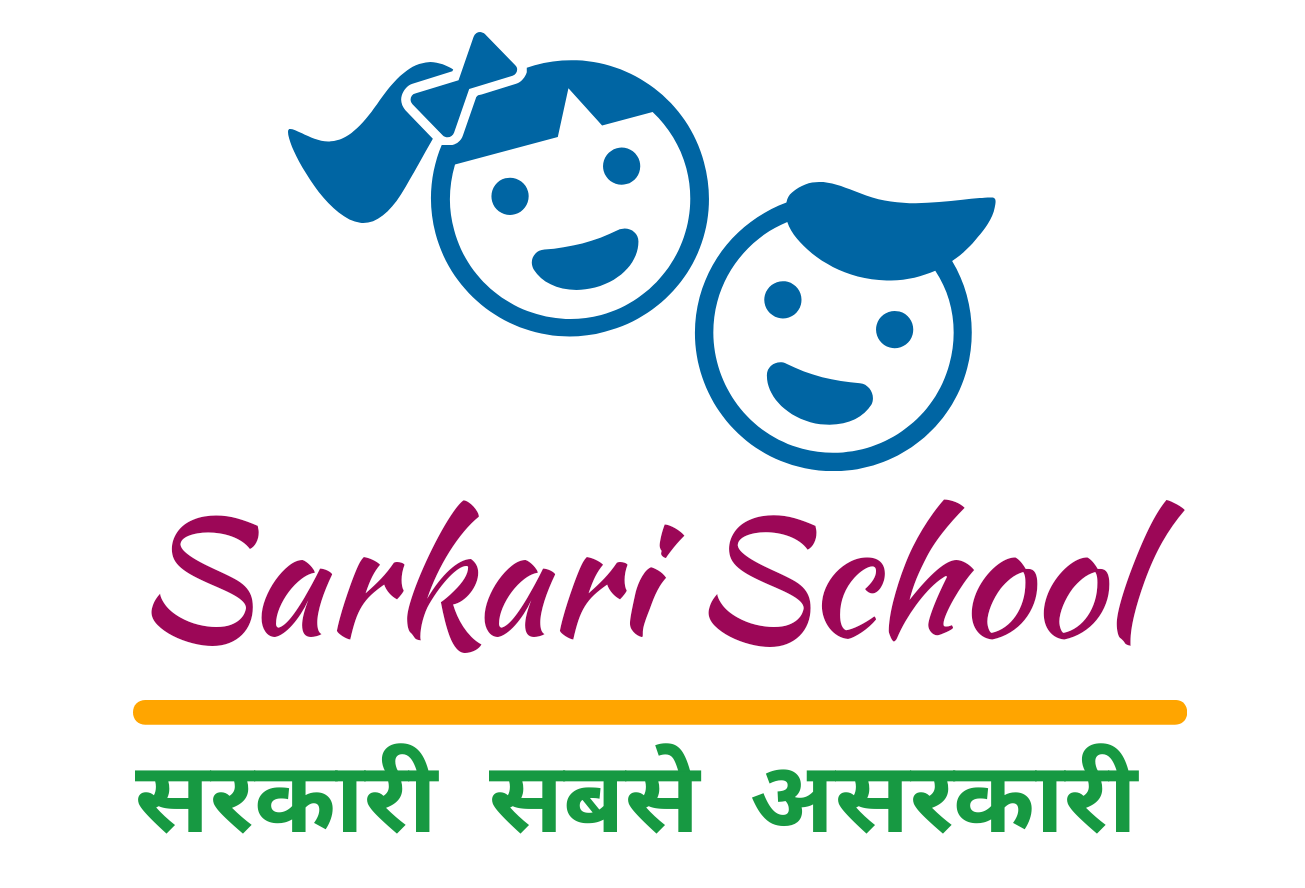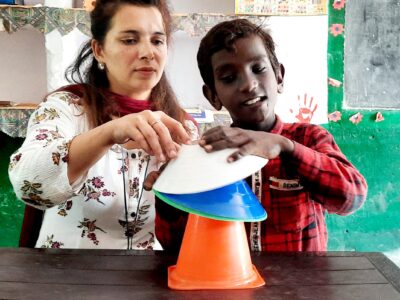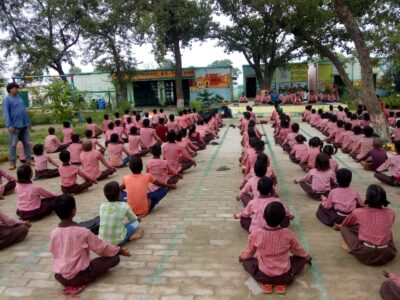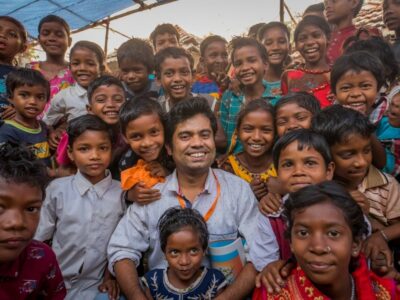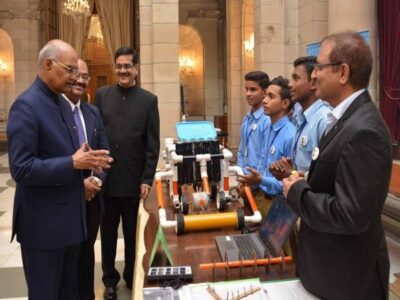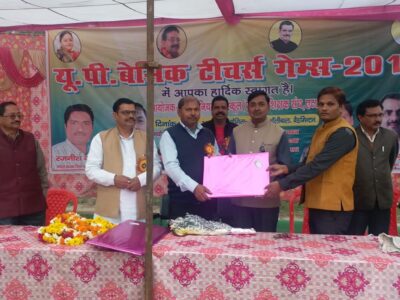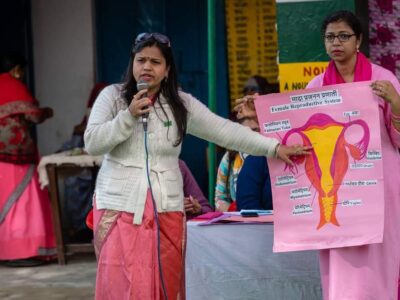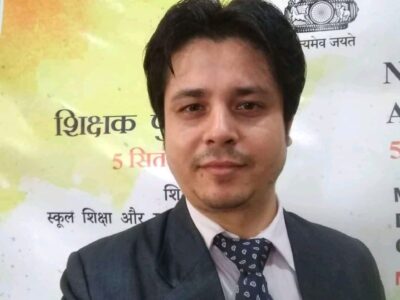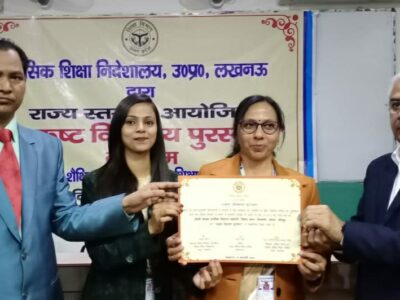
India ranks 6th most positive about teachers in 35-country survey
India was positively among the top 10 countries for various measures of teacher status. India ranked 4th most positive among 35 countries for the measure that determined the status of the teaching profession against other comparable professions. The country also secured 6th rank across 35 countries, which finds China, Ghana, Singapore, Canada and Malaysia ahead of India, for the measure that determined implicit attitudes of the people towards teachers.
With the advent and full geared takeover by technology and new media tools, the internet is proving to be the most popular school with the almighty guru named Google. Although this development has tremendous advantages, it has also led to the decrease in the value of a teacher, whose personal guidance and sensitive application of knowledge cannot be replaced with algorithms and machines. A recent report ‘Reading Between The Lines: What The World Really Thinks of Teachers’ based on the 2018 survey of the Global Teacher Status released by London-based Varkey Foundation proved to be incredibly imperative to further propagate this narrative and highlight the importance of the status of the real gurus i.e the teachers of a country for the overall progress of the students.
The results of this report also revealed that India was positively among the top 10 countries for various measures of teacher status. India ranked 4th most positive among 35 countries for the measure that determined the status of the teaching profession against other comparable professions. The country also secured 6th rank across 35 countries, which finds China, Ghana, Singapore, Canada and Malaysia ahead of India, for the measure that determined implicit attitudes of the people towards teachers. The third measure that ascertained explicit views of the masses towards teachers, revealed India to be the third most positive according to the scores.
The Varkey Foundation, formerly known as the Varkey Gems Foundation, is a global philanthropic organisation that primarily prioritises the upliftment of educational standards of underprivileged children. It was founded in 2010 by Sunny Varkey, an Indian businessman and the founder and chairman of GEMS Education, the world’s largest operator of kindergarten-to-grade-12 schools. The foundation published an extensive study on the status of teachers around the world called the Global Teacher Status Index in 2013, that surveyed 21 countries (excluding the Indian subcontinent and sub-saharan Africa) to determine the social status of teachers with regards to professional status, trust, pay, and the desirability of teaching as a career. In 2018, a follow up to the 2013 survey was published by the foundation, called the Global Teacher Status 2018, which conducted a survey to explore opinions on teacher status in 35 countries across the world.
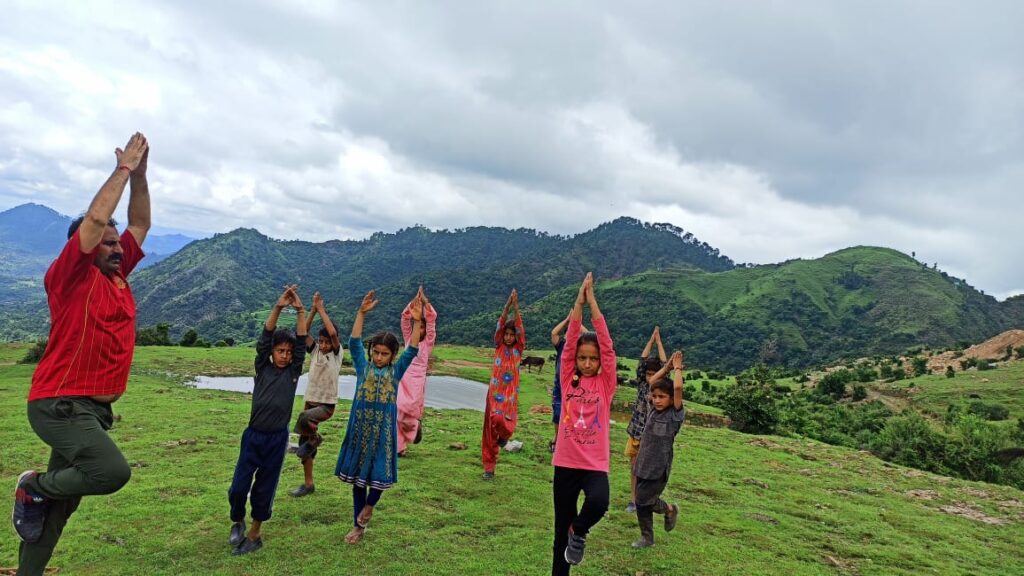
Global Teacher Status Index 2018 determined the social status of teachers globally through several measurement factors and indicators,conducted from 1,000 representative respondents in each of the countries. The survey found striking variations of teacher status between countries and they established a correlation between the performance with the attainment of students in the respective countries measured through scores on the 2018 OECD Programme for International Student Assessment (PISA).
Recently, the foundation released ‘Reading Between The Lines: What The World Really Thinks of Teachers’, a report based on the 2018 survey. The report establishes a confirmed link between teacher status and pupil attainment and it also provides an explanation on why “Implicit Teacher Status” varies between countries. “This report proves that respecting teachers isn’t only an important moral duty – it’s essential for a country’s educational outcomes,” said Sunny Varkey, Founder of Varkey Foundation and Global Teacher Prize.
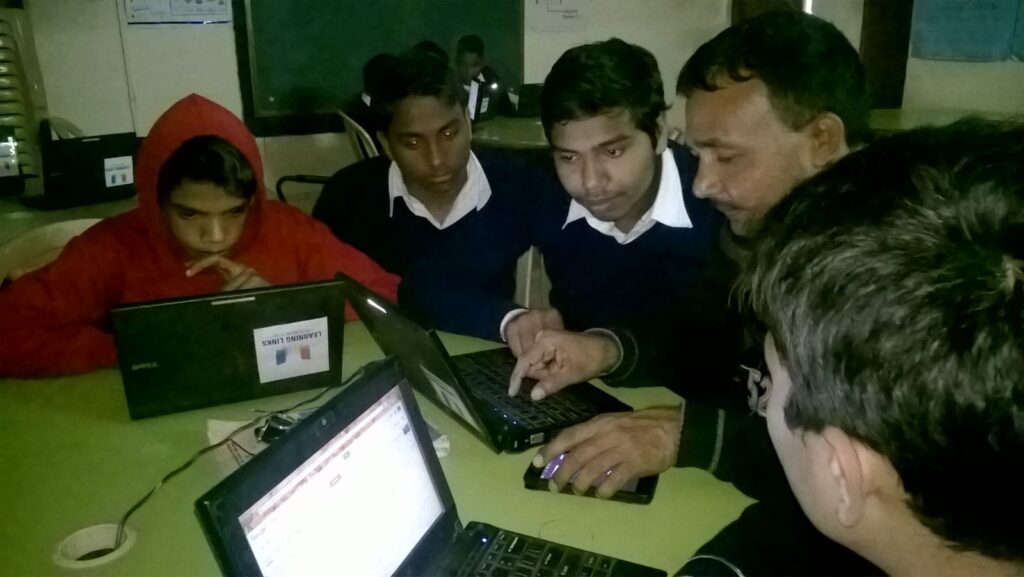
The first measure of assessing people’s view on teacher status was “Ranked Teacher Status”, where they ascertain the rank of the teaching profession relative to other comparable occupations such as doctor, nurse, librarian, social worker, etc. It was revealed that the average rank of head teacher, secondary school teacher and primary school teacher is 8.1, 7.0 and 6.4 respectively. It was also found that overall, the status of head teachers is far higher than that of secondary and primary school teachers. This is true in case of India as well, as it secured 4th (out of 35 countries) rank for the status of head teachers and 7th and 9th for the status of secondary and primary school statuses respectively. This led to the conclusion that in countries that ranked teaching as a profession one place above another occupation, the students of those countries perform 21.3 points better in PISA on average.
The second measure for determining public attitudes towards teachers was “Implicit Teacher Status” which attempted to tap into the respondents’ implicit impressions of teachers using word associations such as trusted/untrusted, well paid/poorly paid, influential/not influential, inspiring/uninspiring, etc. The scores of the Implicit Teacher Status revealed that India secures 6th rank across 35 countries, which finds China, Ghana, Singapore, Canada and Malaysia ahead of India. The report has found that this measure has the highest correlation with PISA scores which confirms a link between the implicit status of teachers and student outcomes.
The last measure for judging people’s outlook on teachers was “Explicit Teacher Status” which is a scale based on people’s explicit judgements of teachers’ characteristics and working conditions. Herein, the respondents were asked to what extent they agreed or disagreed with nine propositions concerning the working conditions, abilities, and professionalism of teachers such as “Teachers enjoy a positive media image’, ‘Teachers have long holidays’, ‘Teachers have the autonomy to exercise their professional judgement’. The answers were allotted with a scoring system that was based on the positive and negative connotations of the propositions. India ranked 3rd most positive among the 35 countries, based on the average of the Explicit Status scores. However, it was found that the relationship between our Explicit Teacher Status measure and PISA scores is considerably weaker. This proved that the Implicit Teacher status has higher effect on the pupil attainment than Explicit Teacher status.
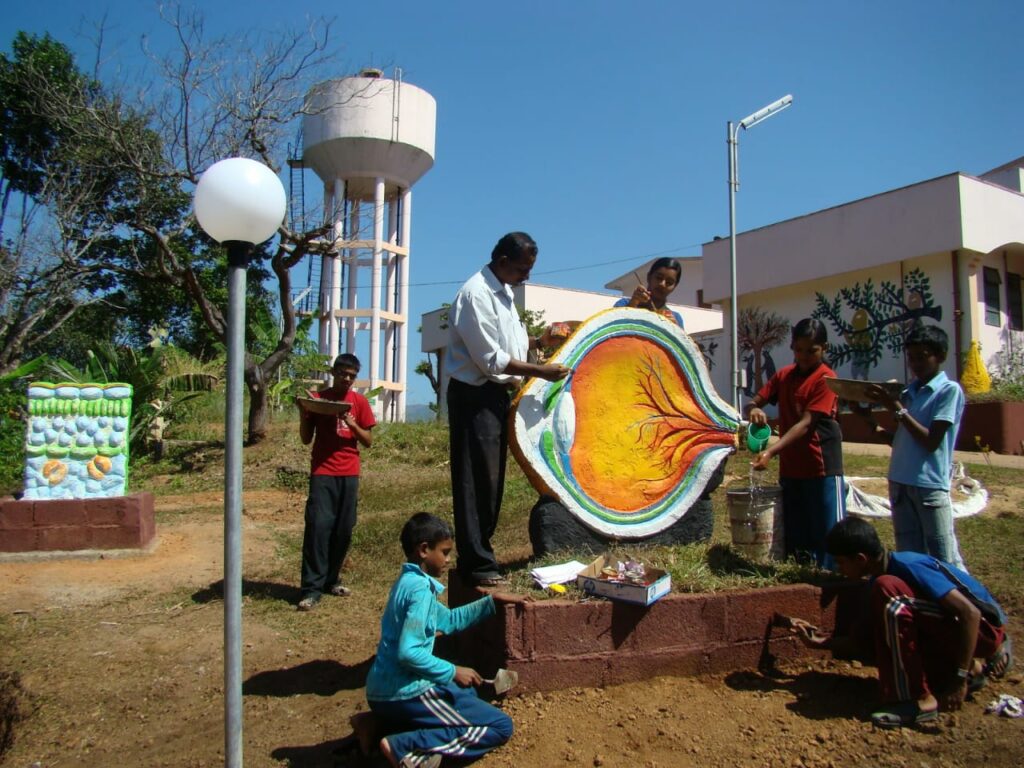
The ‘Reading Between The Lines: What The World Really Thinks of Teachers’ report concurred with the announcement of the finalists for the 2020 Global Teacher Prize. The top 10 finalists of the prize includes Ranjitsinh Disale, who is a teacher from a village in Maharashtra and the top 50 finalists included two more Indian teachers i.e Vineeta Garg from Delhi and Shuvajit Payne from Rajasthan.
The Global Teacher Prize, which is an effort by the Varkey Foundation aimed for the upliftment of the status of teachers worldwide, is an annual US $1 million award given to a teacher who made a substantial contribution to the profession. The prize was initially launched in March 2014 where they received over 5,000 nominations from 127 countries. The winner is chosen based on the judging by the Global Teacher Prize Academy, consisting of head teachers, education experts, commentators, journalists, public officials, tech entrepreneurs, company directors, and scientists from across the world. The Global Teacher Prize is also popularly known as the equivalent of the Nobel Prize for teaching.
One of the top 10 finalists of the Global Teacher Prize is Ranjitsinh Disale, a teacher at Zilla Parishad Primary School, Paritewadi, Maharashtra, India, as a recognition for his endeavours in promoting girls’s education and starting a much-needed advancement of QR coded textbooks in India. Many girls from the village belonged to tribal communities that did not give importance to girls’ education and the practice of teenage marriage was common in the communities which proved detrimental to their educational opportunities. The curriculum in the first school that Disale taught in, which was in a dilapidated building, was not in students’ primary language i.e Kannada. This made it difficult for the pupils to put forth the best outcomes. Disale tackled this situation by learning Kannada and translating all the textbooks of grades 1-4 for better comprehension, along with unique QR codes that embedded audio poems, video lectures, stories and assignments in Kannada.
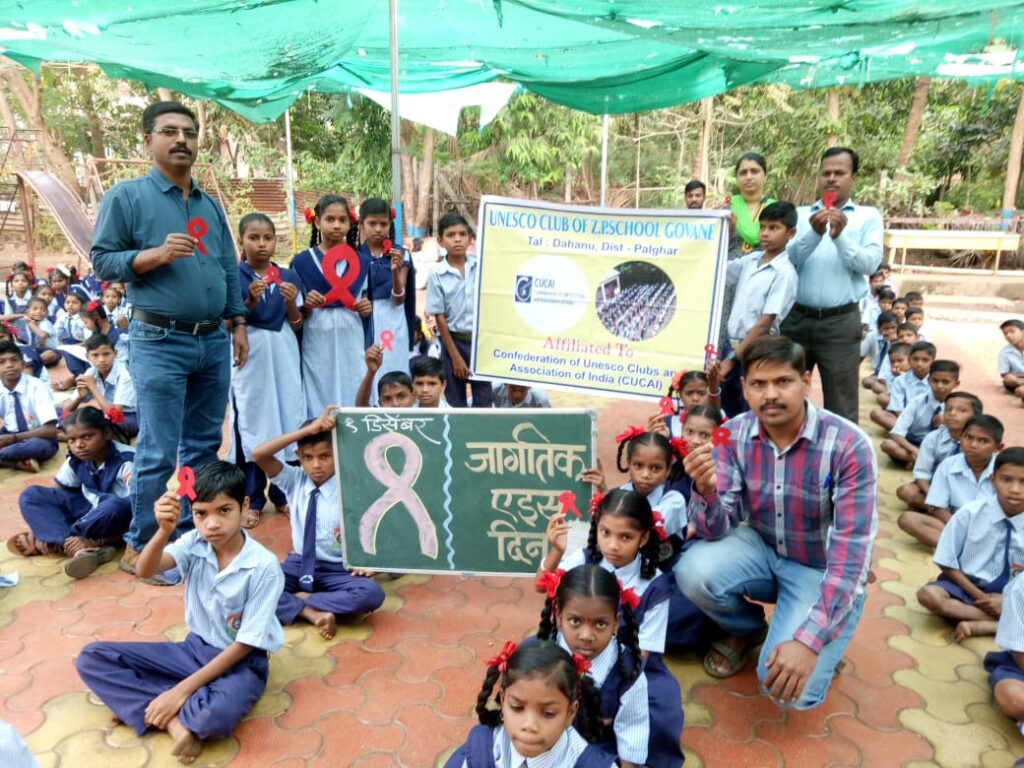
Among the top 50 finalists is also Vineeta Garg, who is a computer science teacher at SRDAV Public School, Delhi. Garg initially started teaching at computer institutes to finance her higher education. This sparked a passion in her for teaching and she made efforts to encourage students in choosing Computer Science for their final school studies as the attitudes of students towards learning programming languages at that time were quite apprehensive. The third Indian finalist for the Global Teacher Prize is Shuvajit Payne, teaching at Shiksha Niketan Barefoot College, Rajasthan, India. Payne, who has an IIM degree, quit his well-paying job in London and a luxurious life, to live in a village in India and teach English to the villagers.
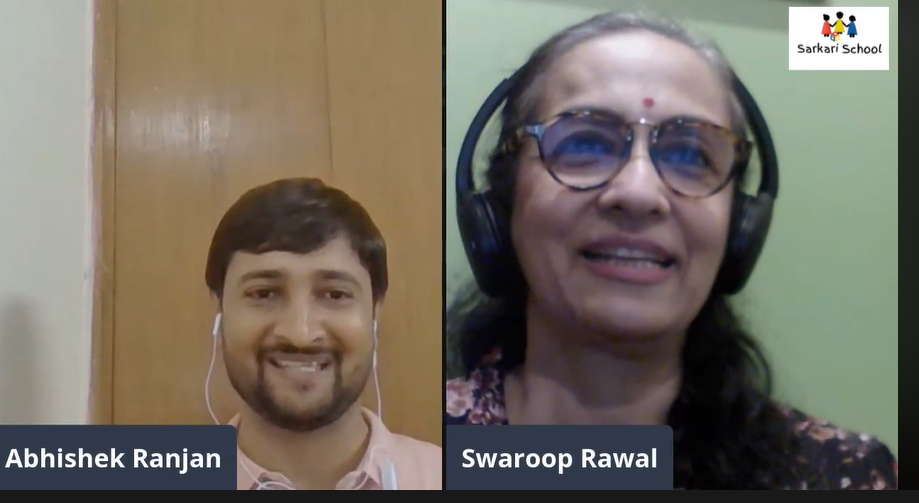
Another inspiring story is that of Dr. Swaroop Rawal, who was selected among the top ten finalists for the Global Teacher Prize 2019. The former Miss India, after becoming a mother and returning to study at the age of 37, pursued a PhD, researching life skills enhancement for mental wellbeing, teacher education, and the arts as a tool for education.
Read more about this beacon of inspiration here at an exclusive interview with SarkariSchool, conducted earlier this year.
(Reported by Anaita Pednekar)
Do like, comment and share the story. Also follow us on Facebook, Instagram and subscribe our YouTube channel.
All the stories are originally designed by team Sarkari School. Strict action will be taken against plagiarism.
